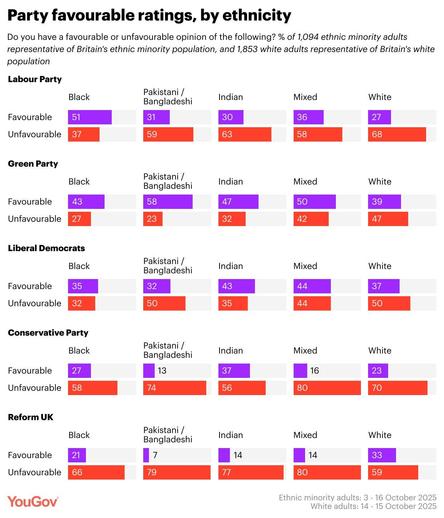#race #ethnicity #writing #style
"In 2003, California Newsreel (in conjunction with PBS) broadcast a TV series called *Race: The Power of an Illusion* and asked four professors to tease out the differences between race and ethnicity. All four had different responses. Some felt race was a single unifying categorization based primarily on physical appearance while ethnicity was a cultural connection. Others felt that race was more an identifier of origin while ethnicity was a social, cultural, or linguistic bond. Others felt that race and ethnicity were both movable feasts and relied more on how power structures categorize and operate against people. In other words, some of the people groups that today are racially coded as White (and given the privileges of a White person) have been considered less than White or other than White in the past, particularly when anti-immigration sentiment was sweeping the nation. In more recent years, enough people have protested the Census Bureau’s reductive view of ethnicity that federal officials are considering combining the race question with the ethnicity question for the 2020 Census. That we know the two are somehow different but related is clear from the lexical side of things again: The most common use of ethnicity in print, and one of the most common uses of race in print, is in the phrase 'race and ethnicity.'
So when should you use race and when should you use ethnicity? A survey of the major dictionaries of English gives some basic guidance when talking generally about race and ethnicity. Most of them agree that the word ethnicity is most often used of a person’s cultural identity, which may or may not include a shared language, shared customs, shared religious expression, or a shared nationality (especially outside that nation’s borders). And most dictionaries agree that race is often used to describe one of several very broad categories that people are divided into that are biologically arbitrary yet considered to be generally based on ancestral origin and shared physical characteristics (especially skin color).
There’s one more thing that dictionaries tell us, though it’s mostly subtext and only apparent in qualifiers like often and generally and especially. Race and ethnicity as labels can change not just from speaker to speaker but from context to context. Someone born to Japanese parents in the Bay Area of California and raised in San Francisco may identify racially as Asian (a broad category based on ancestral origin and some shared physical characteristics) but ethnically as Japanese, American, Japanese American, or maybe even San Franciscan (a cultural identity that can include shared customs, religion, nationality, or language). Or none of the above. The answer depends on who the speaker is talking to and why the listener is asking."
https://consciousstyleguide.com/why-we-confuse-race-ethnicity-lexicographers-perspective/




